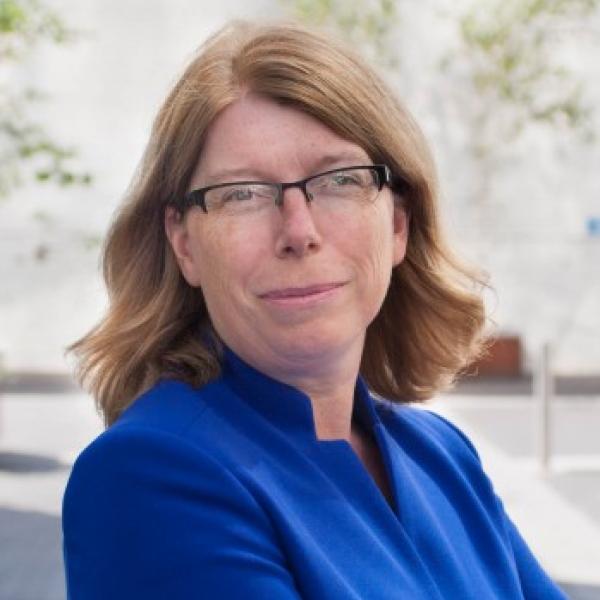Gender and Labour Market Inclusion on the Island of Ireland
The distribution of paid work and care, the types of jobs in which women and men are employed and the rewards they receive are central determinants of broader gender inequalities in social status, well-being and poverty. This study will compare access to paid work and participation in full-time caring among women and men in Ireland and Northern Ireland. Research under the Department of Taoiseach Shared Island Unit research programme has already highlighted gender inequalities in education and training in Ireland and Northern Ireland (Smyth et al 2022). It has also identified differences in the systems of early childhood education and care supports for parents (Curristan et al. 2023).
A key question is whether the same gendered patterns in employment, care and job characteristics appear in both jurisdictions. The analysis will focus on the type of employment, including hours of work, occupational positions, availability of flexible working arrangements (including working from home) and gender gaps in pay. We will consider the role of policy, educational qualifications, demographic characteristics and the sectoral distribution of employment in accounting for gender differences between the two jurisdictions. The study will also investigate whether attitudes to gender roles differ in Ireland and Northern Ireland.
The study will draw on both representative survey data (Labour Force Survey, Eurobarometer) and a consultation with key stakeholders to explore these themes.


